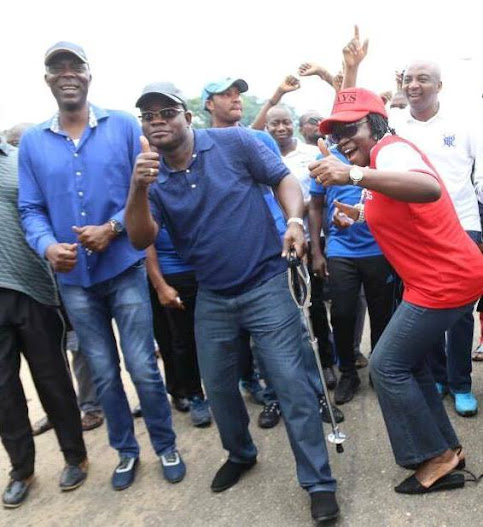By Yemi Adebowale
In Law, Ignorance is not an excuse. Confessing to a crime is not immunity against trial. Again, the fact that an offence was committed years back does not mean the offender will escape justice. The person can be put on trial anytime the facts of the crime emerge. That was why the American government put former film producer, Harvey Weinstein on trial for sex offences dating back to the late 1970s.
*PantamiWeinstein was arrested, charged with rape in New York in May 2018, convicted and sentenced to 23 years in prison. Nigeria’s Communication and Digital Economy Minister, Isa Ali Ibrahim Pantami, for his past extremist and flammable preaching, is liable for trial for incitement; inciting Muslims against Christians, inciting Muslims against the federal government and the military. In criminal law, incitement is encouraging another person to commit a crime. It is committed when one person counsels, procures or commands another to commit a crime, whether or not that person commits the crime.




















